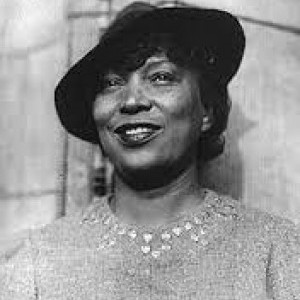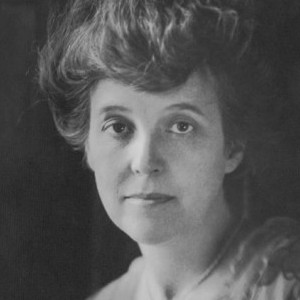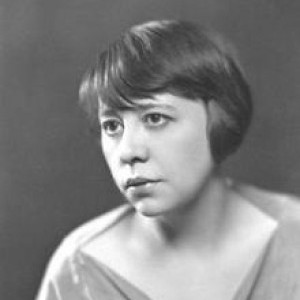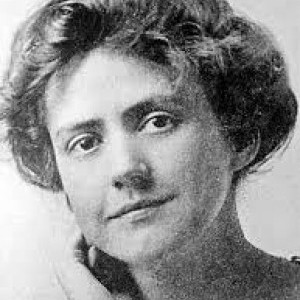A Sunday Morning in the South
About the Play
1925
Unknown; it was never published during Johnson’s life and no record of a performance exists.
4 women, 4 men
Drama,
One-Act
Public domain
Summary
On a Sunday morning in a Southern town in 1924, a grandmother, Sue Jones, and her two grandsons, nineteen-year-old Tom and seven-year-old Bossie, are sitting down to breakfast before church. A fellow parishioner, Liza Griggs, joins them; as they eat they discuss the news that a white woman was sexually assaulted the previous night at Pine Street Market, and talk about how quick to lynch black people the town whites were. An officer shows up with a white woman, who tentatively identifies Tom, the elder grandson, as the man who attacked her. Even though Tom has an alibi, he goes with the officers. Sue sends Tildy to seek help from the Judge’s daughter, whom Sue had nursed as a child. Minutes later, however, Tildy returns with the news that Tom has already been lynched.
Background
Lynching had proliferated between 1882 and 1930 in the American South, and beginning in 1918 a series of anti-lynching bills were introduced in Congress; passed by the House of Representatives in 1922, but continually blocked by southern Democrats. Anti-lynching plays written in part to gain support for this cause. Johnson was a notable activist in the anti-lynching movement; She wrote a series of plays discussing lynching, but her race, her gender, and her refusal to sanitize the realities that black women and men faced often precluded her plays from being published. Though A Sunday Morning in the South was never published during her lifetime, historians believe that the plays were read and possibly performed in schools and churches. The play, which studies the intersection of womanhood and race in a society dominated by racial violence, prejudice, and terror, also challenges the stereotype of black men as rapists. In addition to her work as a playwright, Johnson was also a noted poet, author, and hostess of a literary salon in Washington D.C.
The plays of Gerogia Douglas Johnson edited by Judith Stepens
Mitchell, Koritha. Living with Lynching: African American Lynching Plays, Performance, and Citizenship, 1890-1930. University of Illinois Press, 2012
http://www.georgiaencyclopedia.org/articles/arts-culture/georgia-douglas-johnson-ca-1877-1966
http://washingtonart.com/beltway/gdjohnson.html
http://www.georgiaencyclopedia.org/articles/history-archaeology/lynching
About the Playwright

Georgia Douglas Johnson (c.1880-1966) was a playwright, poet, journalist and musician. She began her professional life as a teacher, working in Atlanta schools for about 10 years after she graduated from college. She left teaching to study music at the Oberlin Conservatory of Music and the Cleveland College of Music in Ohio, taking classes in harmony, violin, voice and piano. After completing her studies, she returned to Atlanta and resumed her teaching career, working her way up to assistant pr…
View Profile
One Play at a Time Participating Universities
Drew University
Ithaca College
University of California, Riverside
SUNY Plattsburgh
Ohio State University
Arcadia University
University of Central Florida













